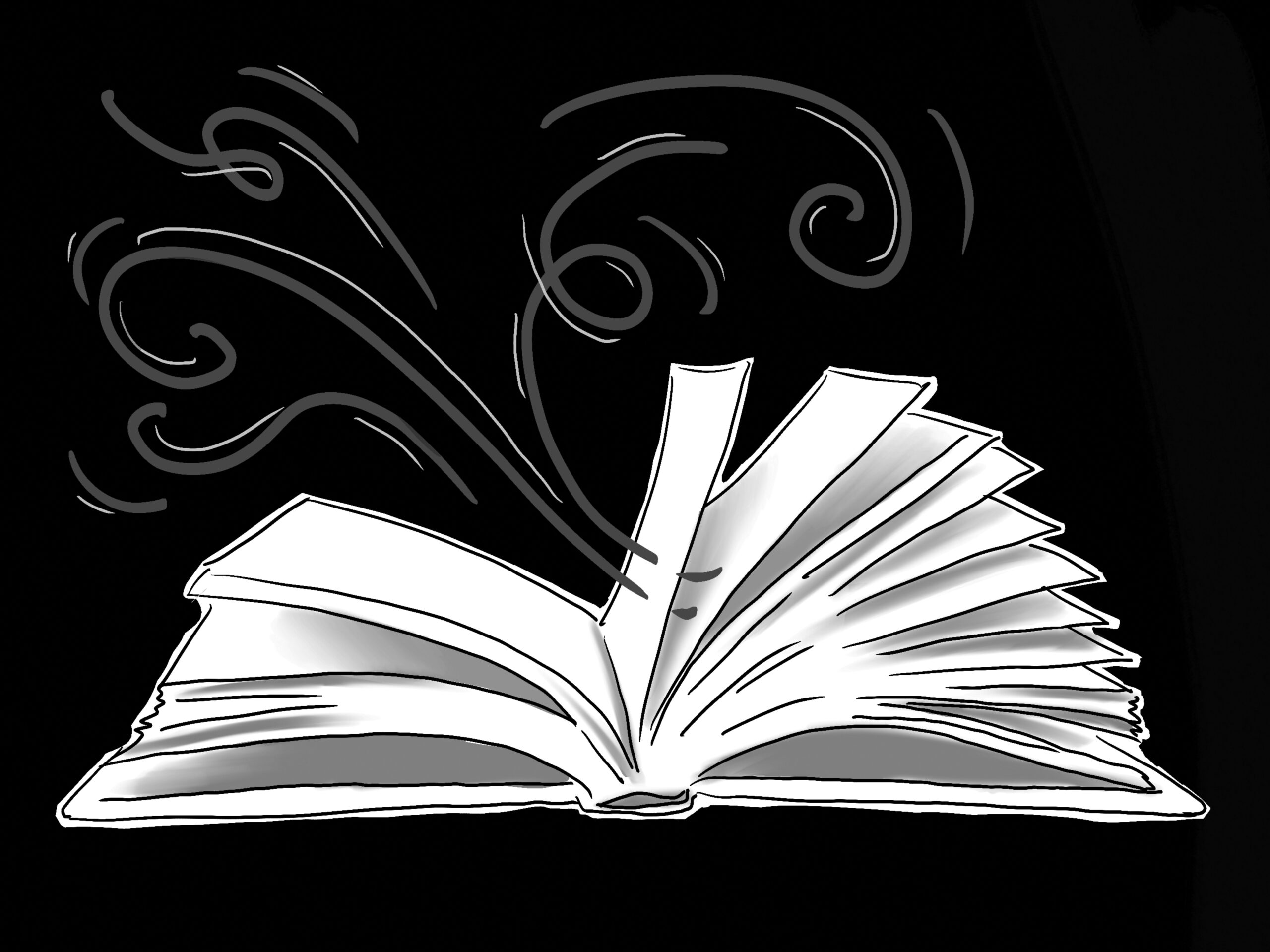Storytelling heals
November 8, 2024
 Mia Lasic-Ellis
Mia Lasic-EllisEveryone in South Africa is a storyteller. And all stories in South Africa circle back to apartheid. From conversations with Uber drivers to random people you meet at a market, people are eager to share their life experiences with you, oftentimes without even being asked. These stories are rooted in generational trauma and structural violence but also showcase overwhelming power and resilience.
In a country where the everlasting effects of apartheid are painted clearly in Black townships without sewage systems and informal houses stacked one on top of the other across the street from white neighborhoods with mansions and perfectly manicured lawns, people cannot seek solace in the hope that these wounds will heal naturally. People heal those wounds through the communities they build and the stories they tell.
I met a storyteller named Ntoza who told me his journey of healing. In 1984, Ntoza was imprisoned on Robben Island, the prison where Nelson Mandela served 18 of his 27 years, for engaging in student activism against apartheid. Even within the prison, Black people were subjected to poorer conditions and lower rations of food because of the codified hierarchy of rights within the apartheid system. To expose the terrible living conditions in the prison, Ntoza and other prisoners went on hunger strike until they were ferried off the island to a hospital in Cape Town.
“They wanted to destroy us psychologically, physically and mentally, but we never let them destroy us,” Ntoza said. “It was a place of sweat, a place of hardship, a place of blood where our comrades lost their lives.”
After Ntoza was released from the island, he promised himself he would never return out of fear that he wouldn’t be able to bear reminders of the trauma he experienced there. Yet he and other political prisoners found their way back to the island, facing the walls stained with hardship and anguish. They came back to empower the younger generation to fight structural violence in the ways these political prisoners fought apartheid.
“We felt it was our responsibility to come back to steer the youngsters.… They have a drug addiction problem,” Ntoza said. “By doing this, we are healing on our side.”
Through storytelling, Ntoza reclaims his experiences on Robben Island and encourages younger generations to find clarity and connection in the struggles they face today. From the city center of Cape Town to the rural township of Zwelethemba, these stories become the antidote to generational trauma.
Zweletemba was created as a migrant labor town, wherein men were sent away from their families by the apartheid government to work in factories. Eventually, women and children moved into the town, creating the vibrant village community I called home for a week. However, behind Zwelethemba’s rich culture, there is a legacy of pain.
My Zwelethemba homestay mother, Gogo (grandmother) Adelina, serves as the matriarch and glue of her family, caring for her great granddaughter by day, handling her middle-aged alcoholic son at night and tending to her own needs in between. Gogo Adelina carries the weight of her current family on one shoulder and the tribulations of her deceased relatives on the other.
Gogo Adelina’s father abandoned her family while her siblings were all young. The dompas labor system restricted him from legally returning to his home after getting a job in another province. He eventually created a new life for himself with another family. Her mother and siblings never saw him again. Gogo Adelina would wake up as a child to the sobs of her mother late in the night, struggling to make ends meet without any financial support from her husband.
I asked Gogo Adelina if telling her story helps her process those experiences, and she nodded. She is the last of her eight siblings to carry the weight of her mother’s grief. Her only word to describe that feeling was lonely. Yet, each year when she tells her story to a new group of students, she comes closer to finding peace with her past.
Gogo Adelina is one of many elderly women in Zwelethemba who hold up their community while still healing from her own experiences with apartheid. Mama Thembsie, a fellow matriarch of the Zwelethemba community, processes her pain by writing a book.
“I wanted to write a book because I have had so many difficulties in life,” Mama Thembsie said.
Writing about her experiences gives her the platform to let her stories heal others as she heals herself. Like Ntoza, Mama Thembsie explained how she owes it to the next generation to tell her tale and sever the thread of generational trauma that trickles down to her grandchildren.
Storytelling is resistance. When South Africans talk about their experiences under apartheid, they highlight its expungement from law but not its expungement from reality. Storytelling is empowerment. By reclaiming the parts of their past that they previously were unable to confront, South Africans not only find solace for themselves but also guide the younger generation through their own struggles. Storytelling is healing. Giving someone the opportunity to shape their own narrative is an escape from structural violence and an escape from generational trauma.

Comments
Before submitting a comment, please review our comment policy. Some key points from the policy: